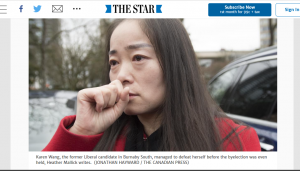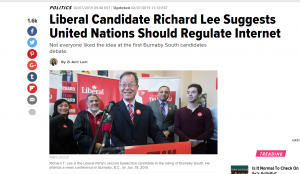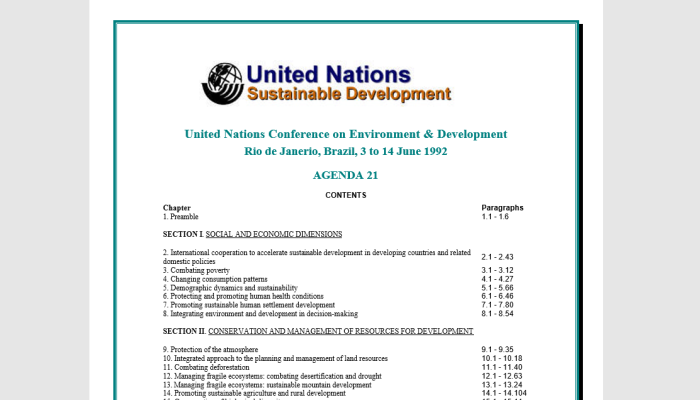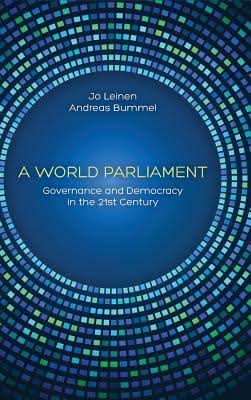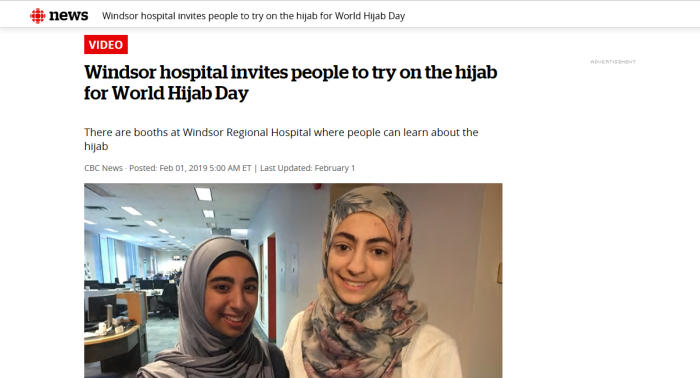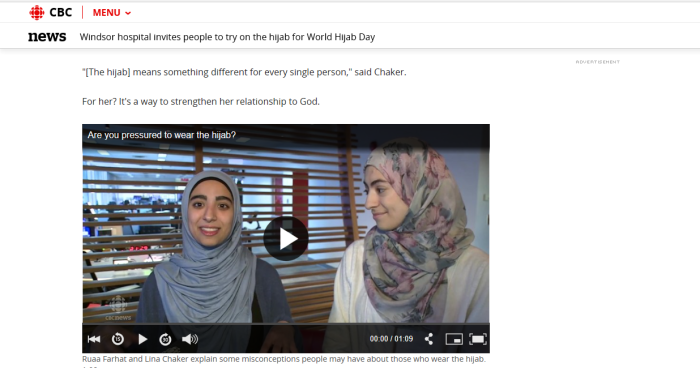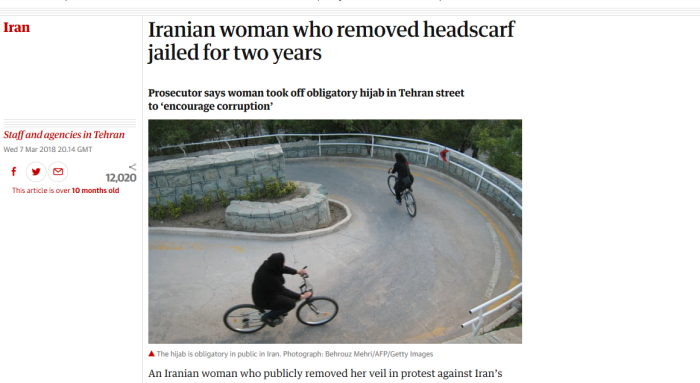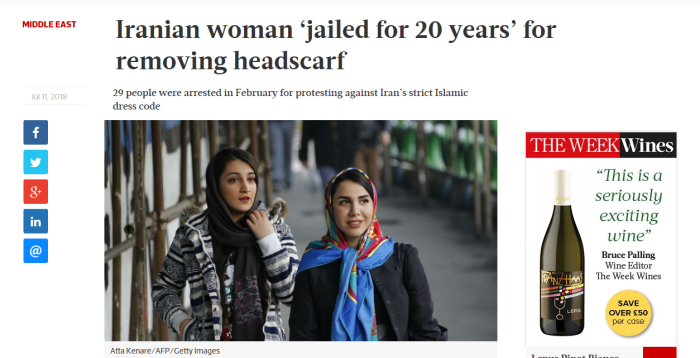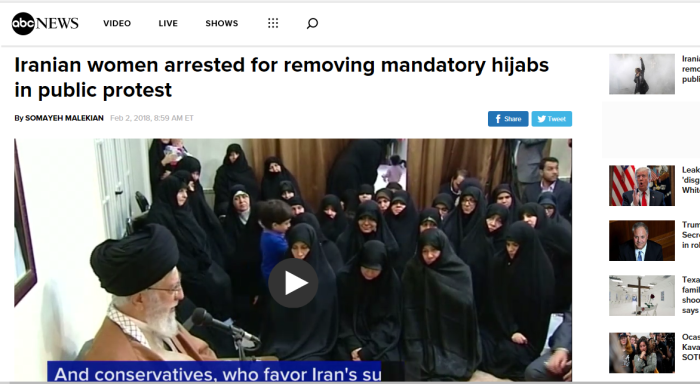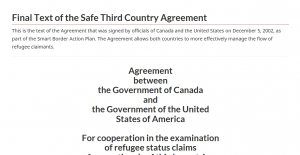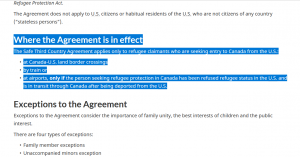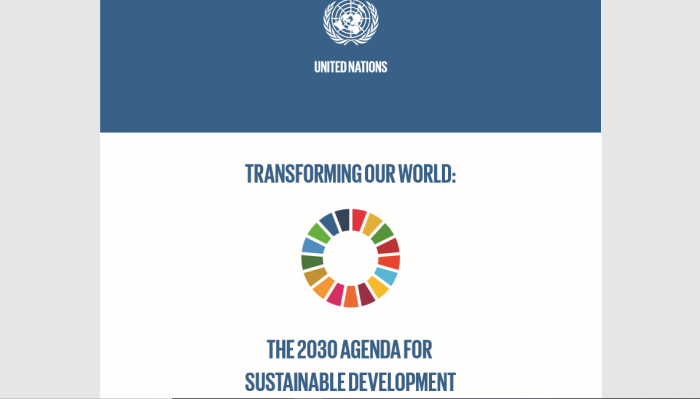
(A wealth transfer scheme that would put the Paris Accord to shame)
Frank Vaughn does an interesting review of Agenda 2030. Go check out his podcast.
CLICK HERE, for the link to Agenda 2030.
2030 Agenda for Sustainable Development web
Declaration
.
Introduction
1. We, the Heads of State and Government and High Representatives, meeting at United Nations Headquarters in New York from 25 to 27 September 2015 as the Organization celebrates its seventieth anniversary, have decided today on new global Sustainable Development Goals.
Before going any further, let’s point one thing out: this was signed at the end of September 2015. Stephen Harper (yes, a so-called “Conservative”) was still Prime Minister. It was another month before he was voted out.
Sustainable Development Goals
Goal 1. End poverty in all its forms everywhere
Goal 2. End hunger, achieve food security and improved nutrition and promote sustainable agriculture
Goal 3. Ensure healthy lives and promote well being for all at all ages
Goal 4. Ensure inclusive and equitable quality education and promote lifelong learning opportunities for all
Goal 5. Achieve gender equality and empower all women and girls
Goal 6. Ensure availability and sustainable management of water and sanitation for all
Goal 7. Ensure access to affordable, reliable, sustainable and modern energy for all
Goal 8. Promote sustained, inclusive and sustainable economic growth, full and productive employment and decent work for all
Goal 9. Build resilient infrastructure, promote inclusive and sustainable industrialization and foster innovation
Goal 10. Reduce inequality within and among countries
Goal 11. Make cities and human settlements inclusive, safe, resilient and sustainable
Goal 12. Ensure sustainable consumption and production patterns
Goal 13. Take urgent action to combat climate change and its impacts*
Goal 14. Conserve and sustainably use the oceans, seas and marine resources for sustainable development
Goal 15. Protect, restore and promote sustainable use of terrestrial ecosystems, sustainably manage forests, combat desertification, and halt and reverse land degradation and halt biodiversity loss
Goal 16. Promote peaceful and inclusive societies for sustainable development, provide access to justice for all and build effective, accountable and inclusive institutions at all levels
Goal 17. Strengthen the means of implementation and revitalize the Global Partnership for Sustainable Development
A quick look will show 2 things:
1/ A near obsession with gender equality
2/ This is a massive wealth transfer scheme
1.4 By 2030, ensure that all men and women, in particular the poor and the vulnerable, have equal rights to economic resources, as well as access to basic services, ownership and control over land and other forms of property, inheritance, natural resources, appropriate new technology and financial services, including microfinance
1.5 By 2030, build the resilience of the poor and those in vulnerable situations and reduce their exposure and vulnerability to climate related extreme events and other economic, social and environmental shocks and disasters
All men and women will have equal rights to economic resources? Sounds lovely, but a logistical question: what about cultures which don’t give equal rights to women? Remember diversity is our strength, and cultures must be respected.
Build the resilience to reduce exposure and vulnerabilities? Okay, this sounds expensive.
2.a Increase investment, including through enhanced international cooperation, in rural infrastructure, agricultural research and extension services, technology development and plant and livestock gene banks in order to enhance agricultural productive capacity in developing countries, in particular least developed countries
Livestock gene banks? Genetically modified farm animals and crops?
Some more detail on the research would be nice.
3.c Substantially increase health financing and the recruitment, development, training and retention of the health workforce in developing countries, especially in least developed countries and small island developing States
4.a Build and upgrade education facilities that are child, disability and gender sensitive and provide safe, non violent, inclusive and effective learning environments for all
What about nations and cultures who view women as second class people? Will they be on board with this? And build and upgrade facilities? Are we building entire schools?
>5.6 Ensure universal access to sexual and reproductive health and reproductive rights as agreed in accordance with the Programme of Action of the International Conference on Population and Development and the Beijing Platform for Action and the outcome documents of their review conferences
Health care is important. No argument on that. However,
Two points worth addressing here.
First, “access to reproductive rights”? Is this code for financing abortions globally?
Second, what about cultures that don’t recognize women as equals?
6.a By 2030, expand international cooperation and capacity building support to developing countries in water and sanitation related activities and programmes, including water harvesting, desalination, water efficiency, wastewater treatment, recycling and reuse technologies
This I would actually agree with.
7.b By 2030, expand infrastructure and upgrade technology for supplying modern and sustainable energy services for all in developing countries, in particular least developed countries, small island developing States and landlocked developing countries, in accordance with their respective programmes of support
Expand infrastructure. More $$$. Don’t we already pay billions annually for foreign aid? Where does it go, and how will we ensure this isn’t wasted?
8.a Increase Aid for Trade support for developing countries, in particular least developed countries, including through the Enhanced Integrated Framework for Trade related Technical Assistance to Least Developed Countries
Increased aid. More $$$$
9.b Support domestic technology development, research and innovation in developing countries, including by ensuring a conducive policy environment for, inter alia, industrial diversification and value addition to commodities
9.c Significantly increase access to information and communications technology and strive to provide universal and affordable access to the Internet in least developed countries by 2020
So we are financing internet and communications which will presumably be better an cheaper than what we schlubs have to buy ourselves? Now, are we financing research, or just handing over technology?
10.b Encourage official development assistance and financial flows, including foreign direct investment, to States where the need is greatest, in particular least developed countries, African countries, small island developing States and landlocked developing countries, in accordance with their national plans and programmes
You read it right here: all about financial flow.
11.2 By 2030, provide access to safe, affordable, accessible and sustainable transport systems for all, improving road safety, notably by expanding public transport, with special attention to the needs of those in vulnerable situations, women, children, persons with disabilities and older persons
Providing access to public transport systems? Does this mean the West will be financing the entire construction and installation of such systems?
12.a Support developing countries to strengthen their scientific and technological capacity to move towards more sustainable patterns of consumption and production
Clarification: Are we financing research in developing countries, or are we simply giving large amounts of Westerm developed technology?
13.2 Integrate climate change measures into national policies, strategies and planning
If industry and burning fossil fuels causes greenhouse gases, which lead to global warming, the “why” would we be trying to develop industry here? Seems counterintuitive.
15.a Mobilize and significantly increase financial resources from all sources to conserve and sustainably use biodiversity and ecosystems
If food, water, sanitation and health care are so urgent, then wouldn’t this be a very low priority by comparison? Just saying, human welfare should take precedent.
16.a Strengthen relevant national institutions, including through international cooperation, for building capacity at all levels, in particular in developing countries, to prevent violence and combat terrorism and crime
What about places like Palestine, which democratically elected Hamas, a terrorist group? Will they still get funded? Will funds go to “combatting terrorism”?
Means of implementation and the Global Partnership
60. We reaffirm our strong commitment to the full implementation of this new Agenda. We recognize that we will not be able to achieve our ambitious Goals and targets without a revitalized and enhanced Global Partnership and comparably ambitious means of implementation. The revitalized Global Partnership will facilitate an intensive global engagement in support of implementation of all the Goals and targets, bringing together Governments, civil society, the private sector, the United Nations system and other actors and mobilizing all available resources.
61. The Agenda’s Goals and targets deal with the means required to realize our collective ambitions. The means of implementation targets under each Sustainable Development Goal and Goal 17, which are referred to above, are key to realizing our Agenda and are of equal importance with the other Goals and targets. We shall accord them equal priority in our implementation efforts and in the global indicator framework for monitoring our progress.
62. This Agenda, including the Sustainable Development Goals, can be met within the framework of a revitalized Global Partnership for Sustainable Development, supported by the concrete policies and actions outlined in the Addis Ababa Action Agenda, which is an integral part of the 2030 Agenda for Sustainable Development. The Addis Ababa Action Agenda supports, complements and helps to contextualize the 2030 Agenda’s means of implementation targets. It relates to domestic public resources, domestic and international private business and finance, international development cooperation, international trade as an engine for development, debt and debt sustainability, addressing systemic issues and science, technology, innovation and capacity building, and data, monitoring and followup.
63. Cohesive nationally owned sustainable development strategies, supported by integrated national financing frameworks, will be at the heart of our efforts. We reiterate that each country has primary responsibility for its own economic and social development and that the role of national policies and development strategies cannot be overemphasized. We will respect each country’s policy space and leadership to implement policies for poverty eradication and sustainable development, while remaining consistent with relevant international rules and commitments. At the same time, national development effort need to be supported by an enabling international economic environment, including coherent and mutually supporting world trade, monetary and financial systems, and strengthened and enhanced global economic governance. Processes to develop and facilitate the availability of appropriate knowledge and technologies globally, as well as capacity building, are also critical. We commit to pursuing policy coherence and an enabling environment for sustainable development at all levels and by all actors, and to reinvigorating the Global Partnership for Sustainable Development.
From reading through this: Agenda 2030 puts a large focus on wealth transfer, from developed nations to underdeveloped nations. However, there seems to be no focus on internal control or auditing mechanisms to ensure the money is actually well spent.
At heart, this is really a globalist agreement.
What “Conservative” would actually sign off on this?
Like this:
Like Loading...
